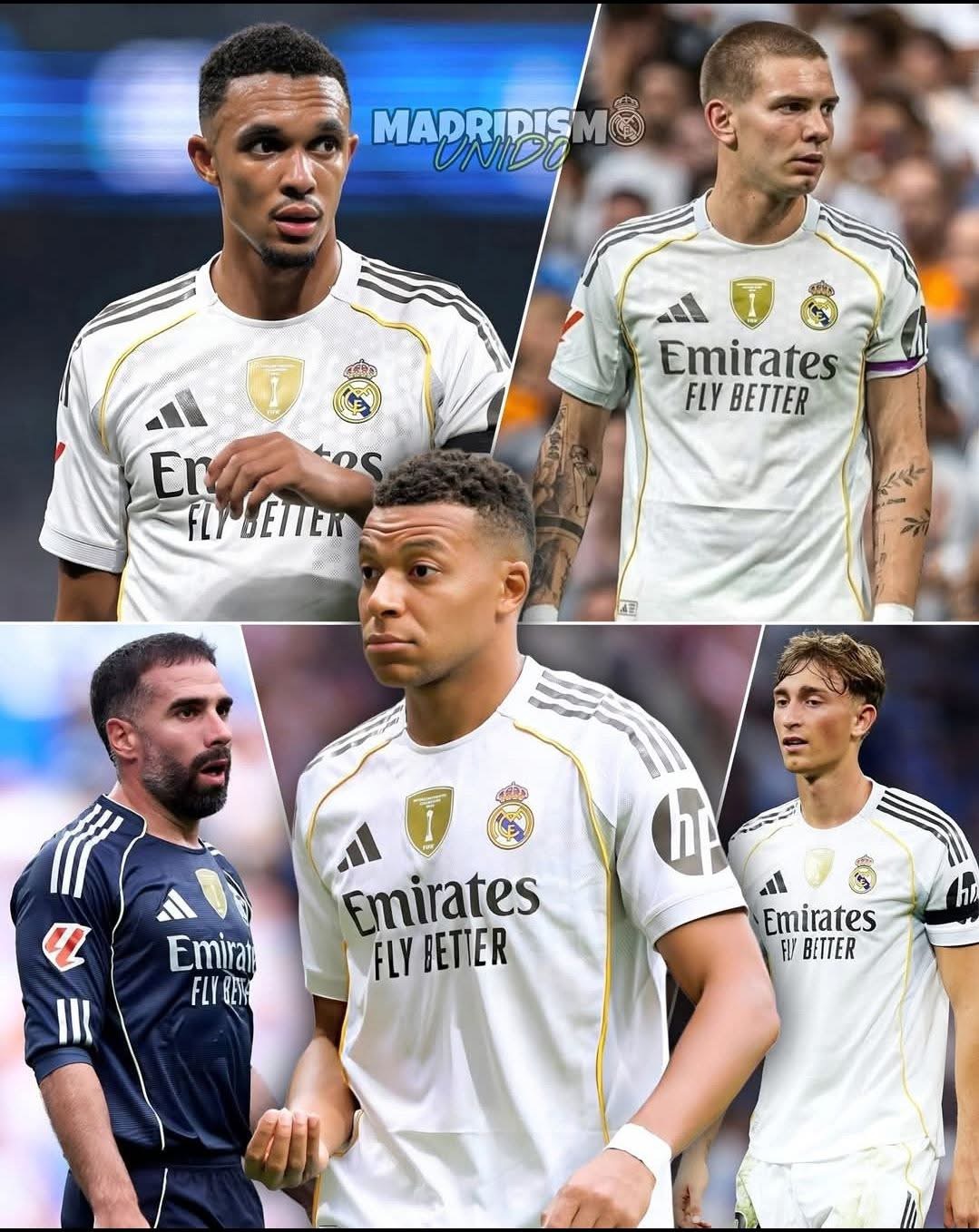Manchester United boss Rúben Amorim has addressed the wave of criticism directed at his goalkeepers this season, offering a strong defense of his players while highlighting wider issues within the team. Speaking after United’s recent match against Burnley, Amorim stressed that the spotlight on his shot-stoppers is unfair and misplaced, insisting that football is a collective game where defensive responsibility must be shared.
“Guys, they’re human beings,” Amorim said candidly. “Everyone talks about goalkeepers, I can change goalkeepers and situations happen. I think it’s difficult to be a goalkeeper at United right now. If you look at the first goal vs Burnley, we can defend better. These details have nothing to do with the goalkeepers. Everyone has to do better.”
The Weight of the Jersey
Manchester United’s goalkeeping position has always been one of the most scrutinized roles in English football. From Peter Schmeichel to Edwin van der Sar, and later David de Gea, the club has been accustomed to world-class figures between the posts. With that history comes enormous pressure.
Amorim acknowledged this reality, pointing out that the expectation levels at Old Trafford can sometimes make mistakes appear more catastrophic than they truly are. “It’s difficult to be a goalkeeper at United right now,” he admitted, underscoring the psychological challenge that accompanies the role.
United’s Defensive Fragility
Amorim’s comments after the Burnley game were revealing. The first goal, which many critics were quick to pin on the goalkeeper, was, in his eyes, a systemic failure. “We can defend better,” he emphasized. For the Portuguese manager, the issue lies less in individual errors and more in the collective organization of the back line.
This is not a new problem. United’s defensive frailties have been exposed repeatedly in recent seasons, often leaving the goalkeeper isolated and vulnerable. Poor marking, lapses in concentration, and an inability to close down attackers quickly have all contributed to the team conceding soft goals. By highlighting this, Amorim redirected the conversation from blaming one position to addressing the team’s broader shortcomings.
The Human Element
One of Amorim’s most striking lines was his reminder that goalkeepers are “human beings.” It may sound obvious, but in the high-pressure world of professional football, players are often judged as though they should be flawless machines. Mistakes from outfield players can sometimes go unnoticed, but an error from a goalkeeper almost always results in a goal — and endless scrutiny.
By publicly defending his keepers, Amorim not only shields them from excessive criticism but also attempts to preserve their confidence. Goalkeepers, perhaps more than any other position, rely on self-belief. Once doubt creeps in, performances can quickly unravel. Amorim’s backing is therefore crucial to ensure his players remain focused and resilient.
Goalkeeper Rotation: A Double-Edged Sword
Interestingly, Amorim admitted he has the option to “change goalkeepers.” This hints at the possibility of rotation, but also underlines the difficulty of establishing consistency when uncertainty looms. A manager’s decision to frequently swap keepers can protect individuals from blame but may also erode stability.
Clubs like Manchester United thrive when there is a clear, trusted number one. Constant change, by contrast, can create doubt among defenders, who must build chemistry and understanding with the player behind them. Amorim appears to recognize this challenge, suggesting that the problem is not about which goalkeeper is chosen, but how the team functions as a unit.
Historical Parallels
United fans will recall similar debates during previous eras. When David de Gea first arrived at Old Trafford, he endured a rocky start, with many questioning whether he had the strength and composure to succeed in England. Over time, however, he developed into one of the club’s most important players.
Amorim may be hoping that his current crop of goalkeepers are afforded the same patience. Football history is full of examples where keepers struggled initially but grew into their role once backed by their manager and teammates.
A Broader Defensive Responsibility
The Portuguese coach also stressed that defensive responsibility extends beyond the back four. In modern football, defending starts from the front. Forwards must press intelligently, midfielders must shield the back line, and defenders must maintain compactness. A goalkeeper is the last line of defense, not the first culprit.
By highlighting that “everyone has to do better,” Amorim made it clear that his philosophy is about collective accountability. If attackers fail to track runners or midfielders allow space between the lines, even the best goalkeeper in the world will struggle.
Fan and Media Reaction
Amorim’s comments have divided opinion. Some supporters appreciate his protective stance, seeing it as a sign of leadership and loyalty to his players. Others, however, argue that his words are simply deflecting from deeper issues, such as recruitment and tactical rigidity.
In the media, the debate continues. Some pundits echo Amorim’s view that United’s defensive structure is the real culprit, while others maintain that elite clubs cannot afford goalkeepers who make costly mistakes. Regardless of perspective, Amorim has succeeded in reframing the conversation — at least temporarily.
Looking Ahead
For United, the immediate challenge is to stabilize defensively. Whether through tactical adjustments, improved concentration, or sheer determination, the team must reduce the number of chances conceded. Only then will the pressure on the goalkeepers ease.
Amorim’s insistence that the keepers are not solely at fault is both a tactical observation and a psychological strategy. By alleviating blame, he is betting that his players will respond with renewed confidence and resilience. If results improve, his defense of them will look like smart man-management. If not, questions about United’s goalkeeping situation will only intensify.
Conclusion
Rúben Amorim’s defense of his goalkeepers reflects both compassion and pragmatism. By reminding fans and pundits that “they’re human beings,” he has emphasized the psychological demands of the role while shifting focus toward collective responsibility. Whether his approach pays dividends remains to be seen, but for now, he has drawn a line in the sand: the problems at Manchester United are not down to one position, but to the entire team.



